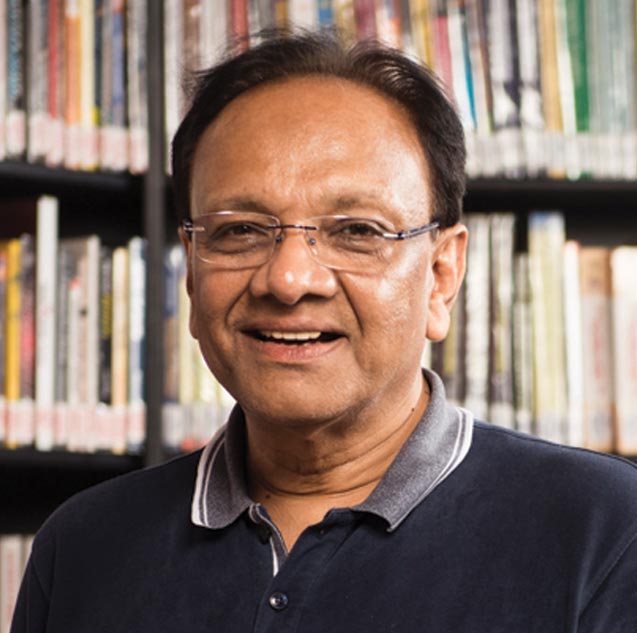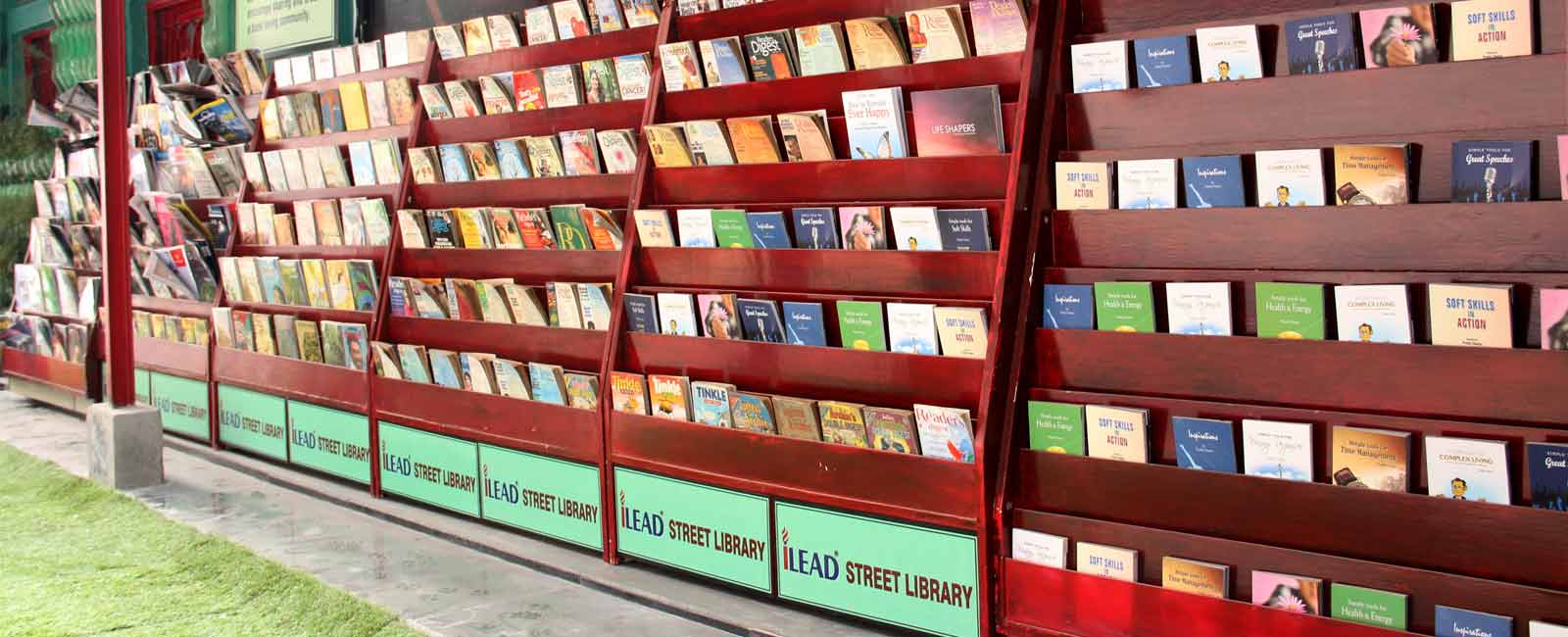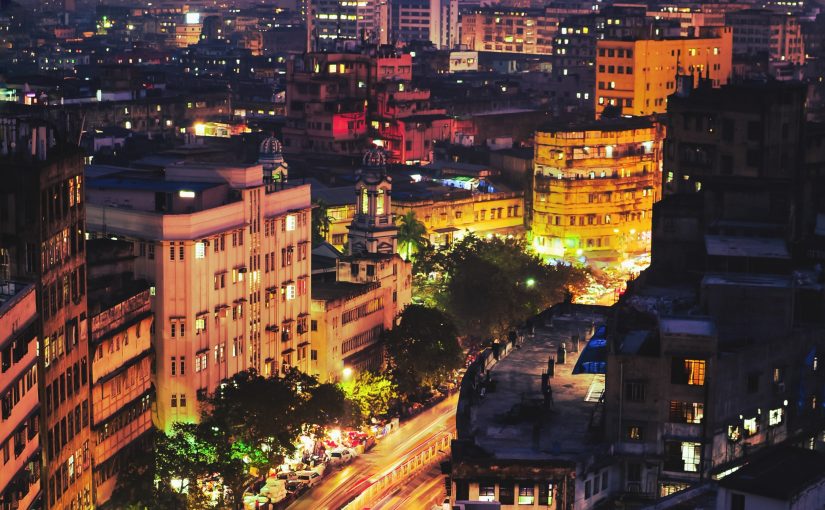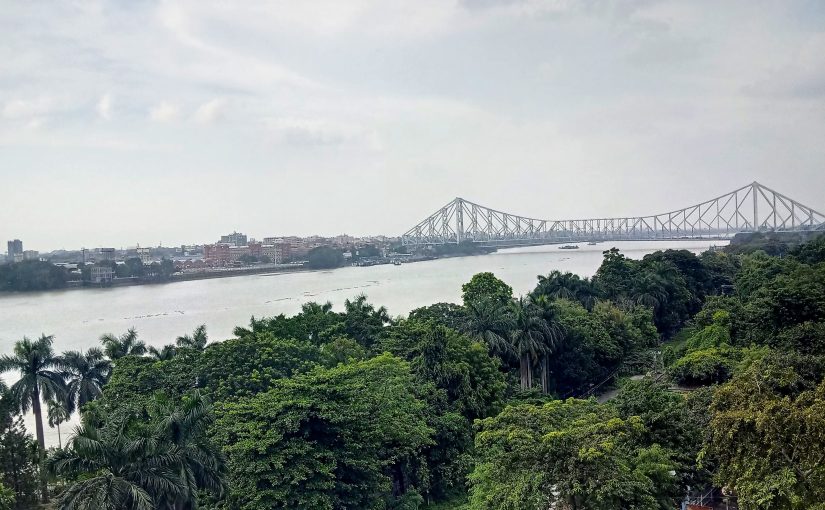
By
Chairman PS Group|
Getting your Trinity Audio player ready...
|
Most of us, and here I speak of the affluent, have so much of reading material (including magazines) lying around at home that a mere relocation could make a world of a difference! This initiative is no more and no less, simply relocation!
What is it?
A space in every corner of the city which provides freely accessible books to the poor.
The concept was derived from the understanding that most people, especially the poor, did not read not because they did not know how to but because they did not have accessibility to reading material (books in this case).
The objective behind the street library was provide books freely and accessibly to encourage people to read. There is a saying: availability and accessibility are half the battle. The street library was built around this. Most of us and here I speak of the affluent have so much of reading material (including magazines) lying around at home that a mere relocation could make a world of a difference! This initiative is no more and no less simply relocation!
What was the inspiration?
From John Wood who left his job as Director of Business Development for Microsoft’s Greater China region to extend books and literacy to underprivileged children through his non-profit Room to Read.
And, from little libraries set up in front yards across Australia.
The street library concept was first initiated by an urban designer and avid reader Kylie Legge from Australia. She set up a free library outside her office because she had accumulated so many books in her small Potts Point apartment that she could no longer invite guests over for dinner. The book towers in her living room kept toppling over. That’s how the idea came up and it has become a new revolution for the book lovers in Kolkata, in India and all around the World.
Let me be the devil’s advocate. Will people actually access books? Will there be a resistance?
I am under no illusion that there could be an initial resistance. But the longer books remain accessible, the better the magic will unfold. For instance, such movements may not necessarily commence with a wave: they will start with a ripple. One child will bring a book, read and return. A mother may talk about this in the neighborhood. Another mother may encourage her daughter to do the same. And that is how I expect people will start reading. I also believe that it is not just the children who will read, parents could emerge as the surprise users.
Another counter-question: what is the guarantee that those who use the library would know how to read?
Good question. Here too, one cannot be too certain that every borrower would be a ‘reader’. So let me put it this way: even flipping through a book and seeing pictures is one form of reading. Even if children and adults do this and no more, I would assume that the project would have achieved something. The operative point is that much of this community has not had access to the most basic of all fundamental rights the right to information content. That is the big picture that one is addressing. So what may appear as just a street library project in the narrow sense is in fact a much larger exercise in laying the seeds of literacy through less-privileged neighborhoods.
How is this initiative different?
What makes our street libraries different is the absence of supervision: you don’t need to take the books to a librarian who registers; besides, the books are not under lock and key, there is no membership concept and as an extension no late fines or even the compulsion to return the books! One of the first things that people told me was that the books would get stolen! So as long as the books gets stolen and read, I have no problem. The problem would be if the books get stolen and sold to the bikriwala or burn as fuel! A successful library would be an effective platform that connects people across various communities within a neighborhood!
How do you intend to take this concept forward?
iLead owns 200,000 books and this could increase because family members, friends and individuals are likely to donate books to encourage reading across economic classes. Besides, we intend to promote these libraries across social and traditional media with the objective to create more donors and locations. Who knows, one day this could be a feature across every Kolkata neighborhood! Every PS property has a library. If the residents reading this article today are inspired and they can join the movement by creating a street library in their building premises!
The first street library was launched in late 2017 in Topsia. Today there are 8 such libraries in various locations of Kolkata.
Library locations
- Topsia (near ILEAD’s second campus at 113A Matheswartola Road)
- Tiljala Shed NGO
- Windsor Manor (25 Palit Street. Kolkata 700019)
- Jadavpur
- Park Circus
- Lee Road
- Srijan Heritage Park in Darga Road
- Selimpore
Contacts
- Manoj Shaw at 9073337093 (will help libraries being commissioned in neighborhoods)
- Chandan Sahoo at 8335817441
- Shilajit Dey at 9038594215
- Saswati Datta at 9830401070 Principal, Vidyanjali International School
- Hashim Khan Rafi at 9830711230
Leave a comment







